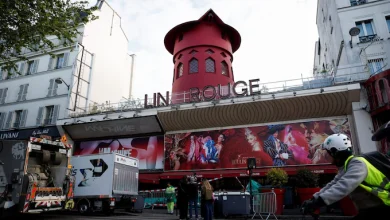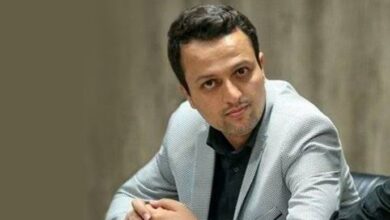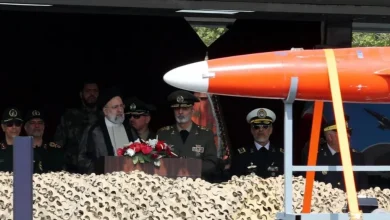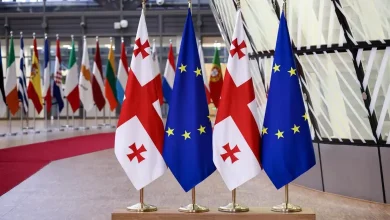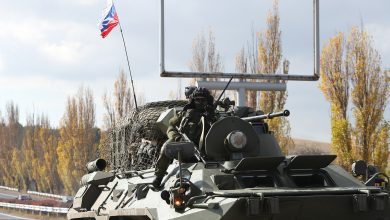ISIS threatens to kill 2 Japanese hostages unless Tokyo pays $200 million
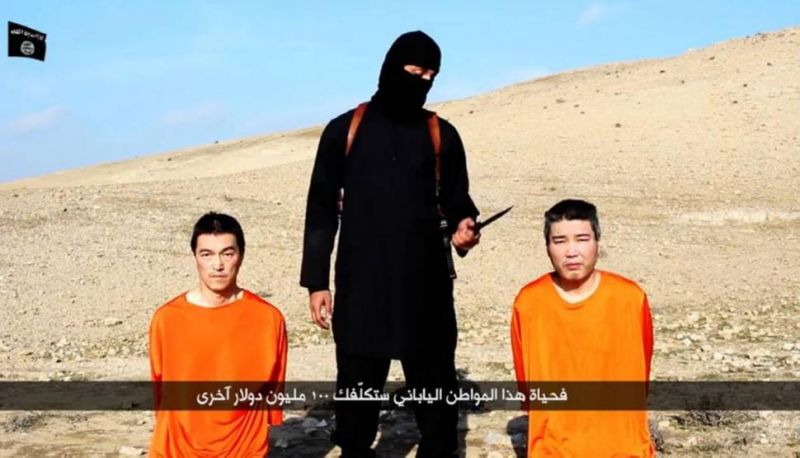
The militant Islamic State group released an online video on Tuesday purporting to show two Japanese captives and threatening to kill them unless it received $200 million in ransom, Reuters reports.
A black-clad figure with a knife, standing in a barren landscape along with two kneeling men wearing orange clothing, said the Japanese public had 72 hours to pressure their government to stop its “foolish” support for the U.S.-led coalition waging a military campaign against Islamic State.
The militant, who spoke in English, demanded “200 million” without specifying a currency, but an Arabic subtitle identified it as U.S. dollars.
The footage named the men as Haruna Yukawa and Kenji Goto.
The video was not dated, but on a visit to Cairo on Jan. 17, Japanese Prime Minister Shinzo Abe pledged around $200 million in non-military assistance for countries battling Islamic State.
Abe, speaking in Jerusalem on Tuesday towards the end of a six-day tour of the Middle East, said Islamic State’s threat to the two purported captives was “unacceptable”.
“We strongly demand the release of the Japanese citizens unharmed,” Abe said. “The international community needs to respond firmly and cooperate without caving into terrorism.”
The video resembled others distributed by Islamic State outlets in which captives were threatened or killed. It appeared to be the first time that an Islamic State video specifically demanded cash for captives.
In Tokyo, Japan’s foreign ministry said it was checking the video to see whether the footage was genuine.
Cabinet ministers in Tokyo announced that they were meeting to discuss the government’s response to the militants’ threats.
Goto is a freelance reporter who was based in Tokyo. He has written books on AIDS and children in war zones from Afghanistan to Africa and reported for news broadcasters inJapan.
Goto met Yukawa last year and helped him travel to Iraq in June, he told Reuters in August.
Yukawa, 43, travelled to Iraq and Syria last year after telling friends and family that he thought it represented a last chance to turn his life around.
Over the previous decade, he had lost a business to bankruptcy, lost his wife to cancer and become homeless, according to his father and an online journal.
It was not clear what exactly he was doing in the region. Yukawa’s father, Shoichi Yukawa, declined to comment, saying he was overwhelmed by the news reports.
The militant in the footage, who spoke with a British accent, appeared to have the same voice as a jihadist shown with captives in previous Islamic State videos.
Similar videos have shown captives beheaded, including Western aid workers and journalists.


